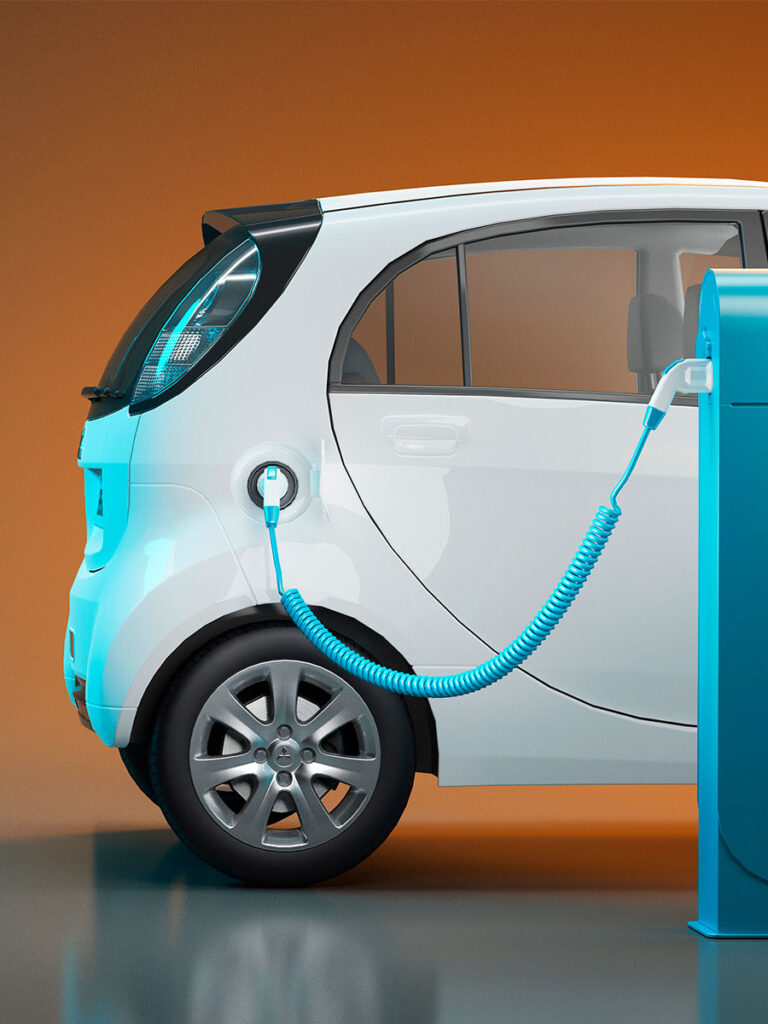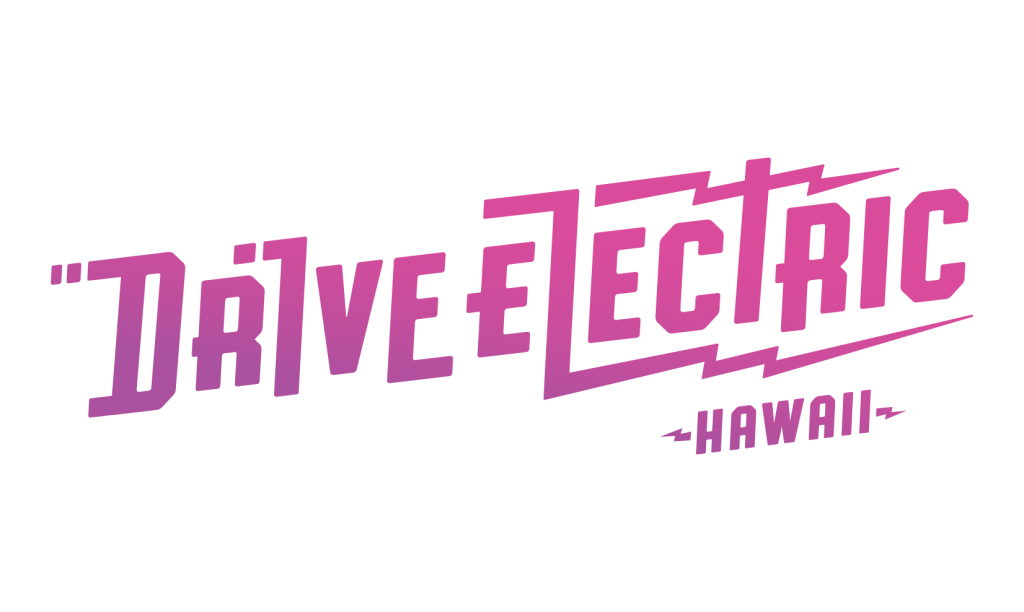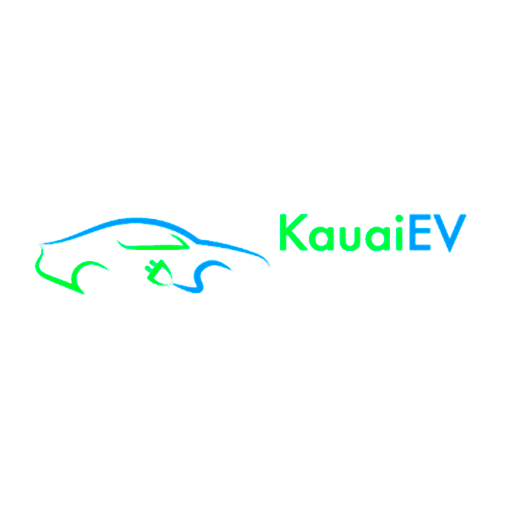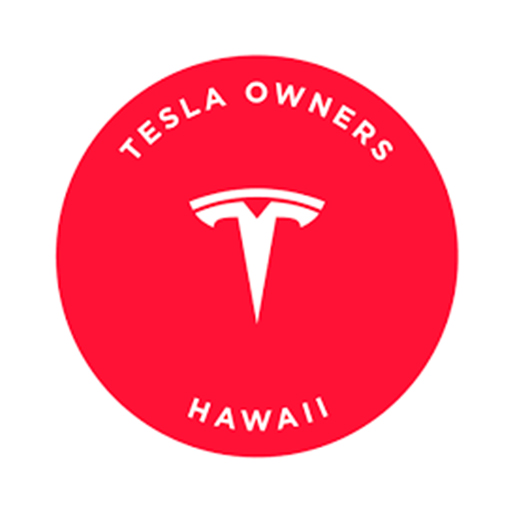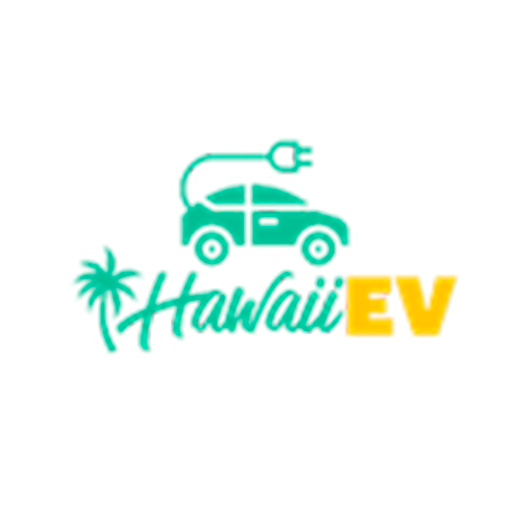Resources
Federal and State Incentives
Scroll through some of the incentives to get an electrical vehicle.
Federal Tax Credit
EV purchasers can receive a tax credit of between $2,500 and $7,500, depending on the vehicle battery capacity. Battery-only EVs will typically receive the full $7,500, while plug-in hybrids will receive an amount between $2,500 and $7,500, depending on battery capacity. This benefit can only be taken as a credit on your taxes, and not as a tax rebate. In Hawaii, some automobile dealers even offer flexible lease arrangements allowing consumers to take advantage of this federal tax credit upfront. The tax credit is phased out once a manufacturer achieves 200,000 in EV sales and is no longer available for Tesla or Chevrolet EVs. A list of all models and the corresponding tax credits is maintained by the U.S. Dept of Energy.
Federal Tax Credit
EV purchasers can receive a tax credit of between $2,500 and $7,500, depending on the vehicle battery capacity. Battery-only EVs will typically receive the full $7,500, while plug-in hybrids will receive an amount between $2,500 and $7,500, depending on battery capacity. This benefit can only be taken as a credit on your taxes, and not as a tax rebate. In Hawaii, some automobile dealers even offer flexible lease arrangements allowing consumers to take advantage of this federal tax credit upfront. The tax credit is phased out once a manufacturer achieves 200,000 in EV sales and is no longer available for Tesla or Chevrolet EVs. A list of all models and the corresponding tax credits is maintained by the U.S. Dept of Energy.
HOV Lane Access
Qualifying EVs with Hawaii state-issued EV license plates may use the HOV/Zipper lane regardless of the number of passengers in the vehicle.
Electric Bike and Moped Rebate Program
The State of Hawaii Department of Transportation recently rolled out the Hawaii Electric Bike and Moped Rebate Program. Rebates are available for new electric bicycles or new electric mopeds purchased at retail locations on or after July 1, 2022. Get up to a $500 rebate.
Used Clean Vehicle Credit
Check to see whether you qualify for the Used Clean Vehicle Credit!
Hawaii Energy EV Charging Station Rebate Program
Offset installation costs at your commercial public facility through Hawai’i Energy’s EVSE rebate program. Rebates are available on a first-come, first-served basis while funding lasts. Effective date of station must be between July 1, 2021 and June 30, 2022 to qualify.
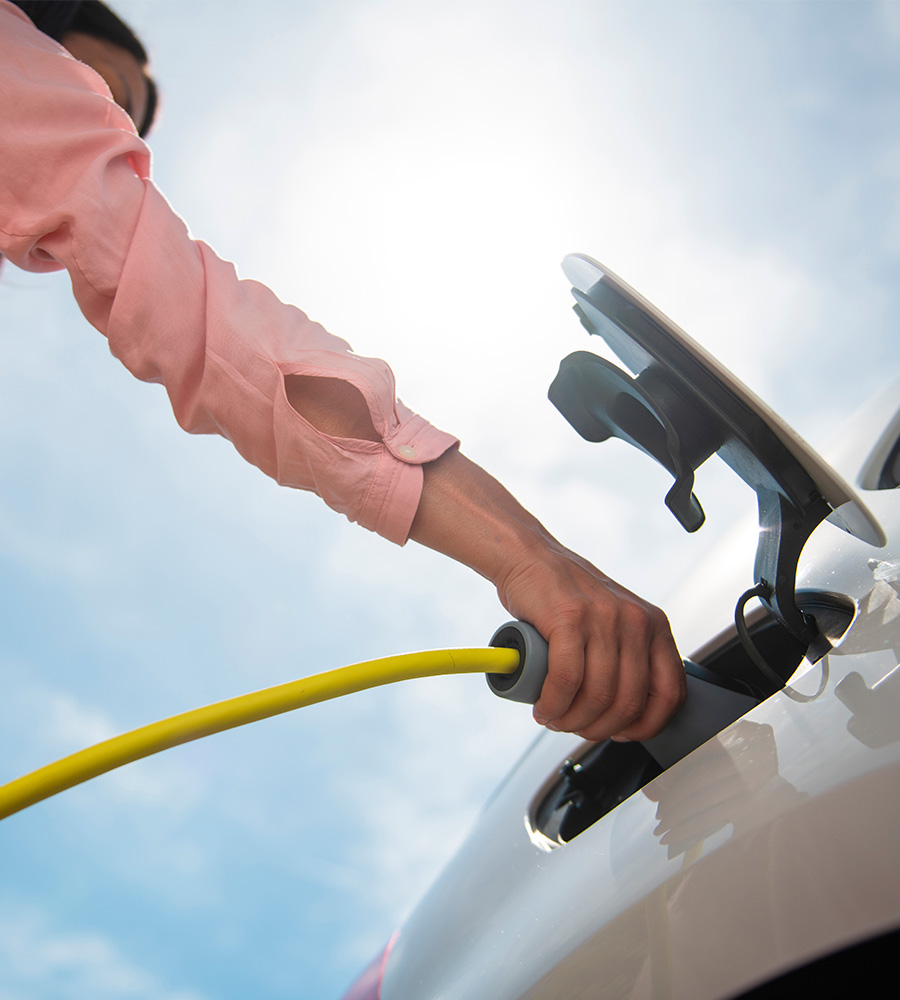
Hawaii EV Associations
